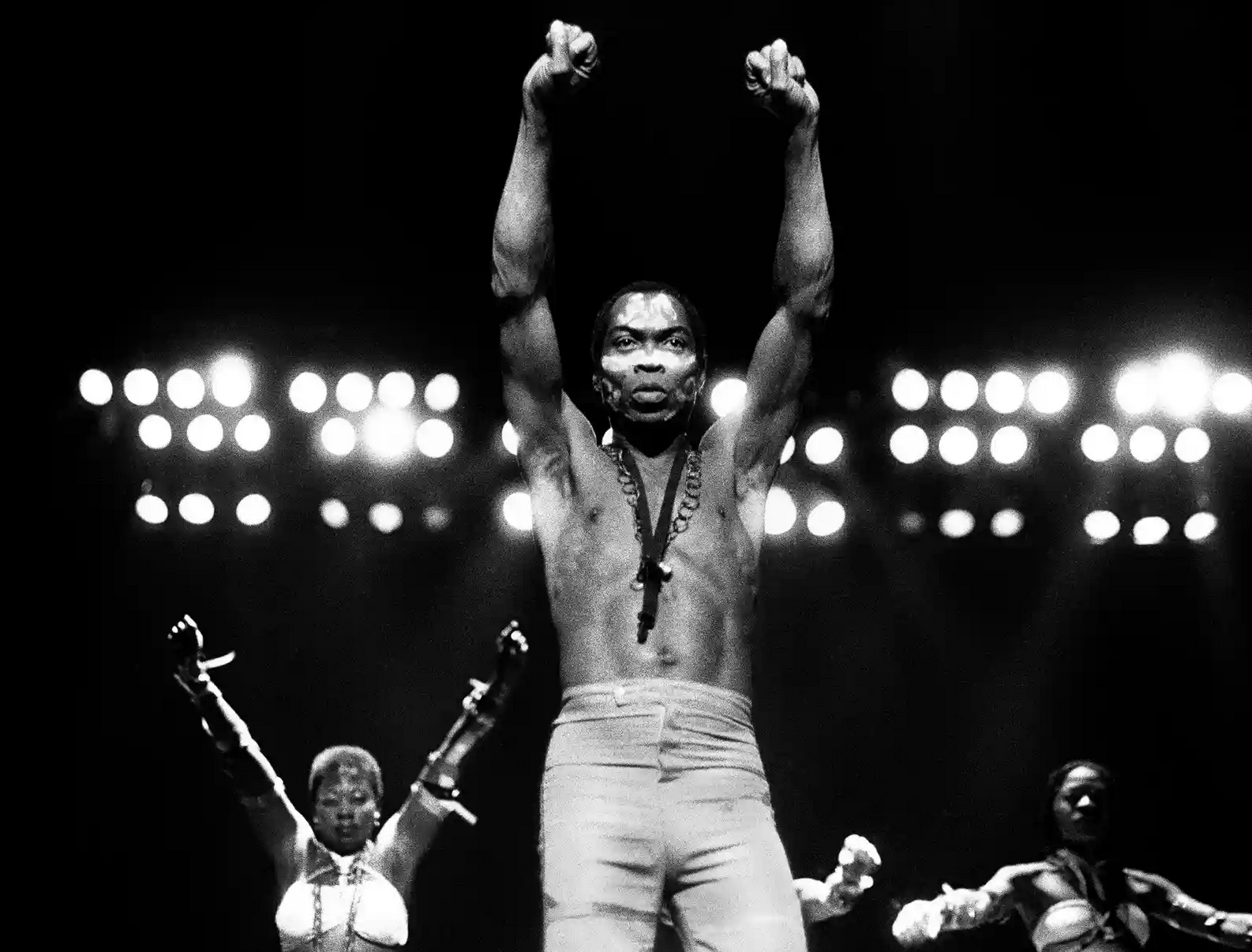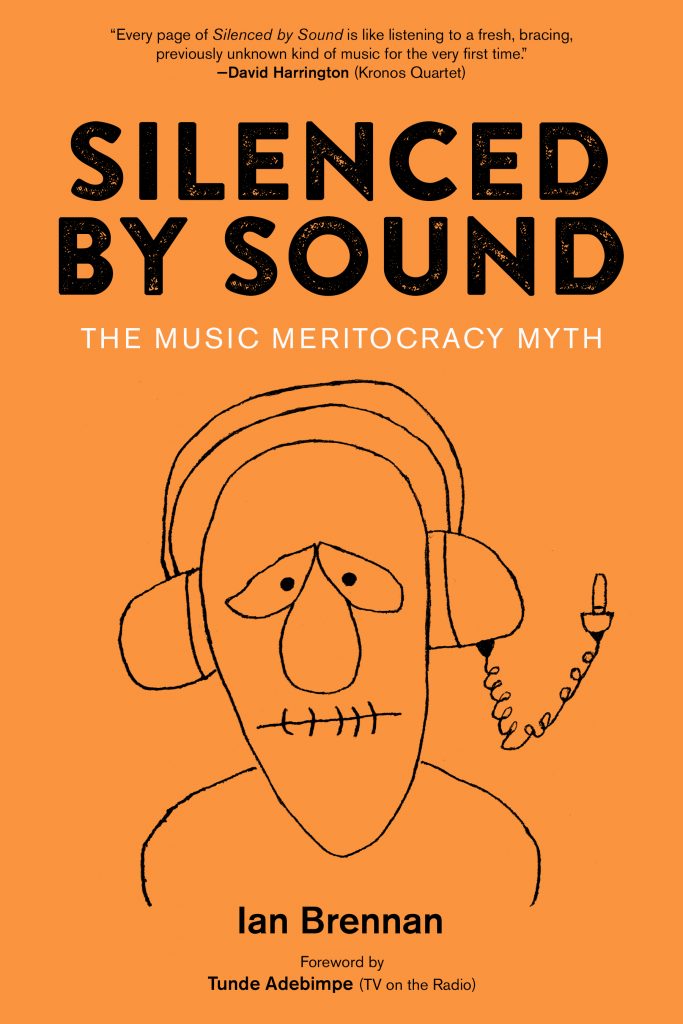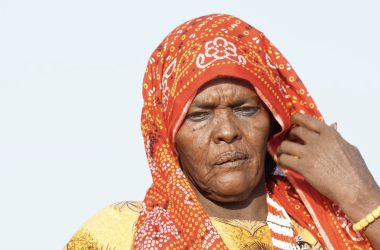By Ian Brennan
The Guardian
March 10th, 2021
Renaming the world music category does little to fix its pattern of exclusion, which has robbed audiences of truly global talent
his past summer the Grammys academy summoned an emergency meeting, circumventing its own rules and standard procedure to fast-track a name revision for World Music: the lone international category accommodating those outside the English and Spanish-speaking worlds. The new title, Global Music, was determined to be a “more relevant, modern and inclusive term” which “symbolises a departure from the connotations of colonialism, folk and ‘non-American’ that the former term embodied”, it said, referring to the change as the next step in its evolution “to embrace a truly global mindset”.Grammy awards body to study women’s representation in music businessRead more
Yet the Grammys map continues to look little different from one from Columbus’ time, with most of the planet missing. Though the name may be new, the song remains the same.
In the world music category’s 38-year history, nearly two-thirds of the nominations have come from just six countries (the US, UK, Brazil, Mali, South Africa, India) and only 12 nations have ever had an artist win. We see the same artists nominated over and over again in a category that can feel closed off to everyone else – particularly those who may not be English-fluent, hold dual passports, or call a capital city home.
In 2018 I formally presented these findings to the academy, and a committee was established to review imbalances in regional and class representation. This past summer, a talented and inaugural diversity and inclusion officer was hired.
Nonetheless, the nominations in 2021’s newly baptised Global Music category (Antibalas, Burna Boy, Bebel Gilberto, Anoushka Shankar and Tinariwen, the latter of which won a Grammy in 2011 for an album I produced) are arguably less diverse than ever. Four out of five nominations were bestowed upon artists that have already been nominated once or multiple times.
Two of these are on record labels tied to two of the three-largest-remaining music conglomerates (Universal and Warner).
No artist from any previously unrecognised nation was honoured and all but one hail from major players in the global economy – the US, Brazil (the world’s ninth-largest economy), Nigeria (Africa’s most populous nation) and the UK.
Global music is the only Grammy category in which more than 89.2% of the Earth’s population – non-English and non-Spanish speakers – have even a remote chance of receiving any recognition from the academy.
It possesses the potential to be the Grammys’ most dizzyingly unpredictable, varied and all-encompassing category and – in the academy’s own words – it aims to be “truly global”.
But only 5.8% of nations have ever had an artist win and almost 80% of African nations have yet to have any musical act nominated.
No Middle Eastern or eastern European performer has ever won and only one group from eastern Europe (Bulgaria in 1994) has ever even managed a nomination.
Similarly, just a single east, central or south-east Asia-based artist has won (Sacred Tibetan Chant, 2004), with that award actually going to the producer, a New Zealander.

It seems the surest way to win in the category is to have won before. Some 23 of 37 winners have won a Grammy previously, including each winner of the past eight years during which time Angélique Kidjo won three times.
Meanwhile, two bands have been nominated 21 times between them and 10.7% of nominations have been devoted to just three nuclear families.
So much for honouring “global” music and so much for “diversity”.
The Grammys Hall of Fame mirrors this travesty in representation, with only three artists from Africa among the other 1,139 records inducted. All three of these were from South Africa.
No African artist has everreceived a lifetime achievement award from the academy.
In direct defiance of the category’s name, world music winners have frequently hailed from the US (such as older white artists like the Grateful Dead’s Mickey Hart, Ry Cooder and Béla Fleck, all three of whom have separately won twice). Other frequent nominees have come from Latin America. Despite Latin music being represented in at least five distinct categories of its own for decades, more than 10% of world nominees have been for Spanish-language records and two world music winners have been Latin music stars (Gipsy Kings, Rubén Blades). Grammy awards postponed weeks before ceremony over Covid concernsRead more
The Grammys could be a particularly powerful platform to educate and celebrate difference. But rather than inclusion, it most often appears to practise exclusivity.
Part of the problem could be that there are too many people voting on too many things. The Recording Academy states that “members are directed to vote only in their areas of expertise” in the nomination stage, but this rule is not policed, and voters are allowed to nominate across a whopping 15 categories of their choice (in addition to the four big general categories, like record of the year). This means there may be classical oboists with no knowledge of rap and reggae weighing in on those categories; or vanity project Zydeco singers deciding on a whim the Best Metal Performance.
And in perhaps the academy’s most unimaginative and elitist pattern, it persists in glorifying bloodlines.
Although the Grammys failed to recognise Bob Marleyduring his lifetime, Marley’s offspring, and even a grandson, have since collectively claimed a staggering 78 nominations or wins – sometimes for collaborating on the same record.
Two of this year’s global nominees are offspring of multiple Grammy winners (the “father of bossa nova” João Gilberto and Ravi Shankar) who have direct links to western giants like the Beatles. Much more than the lip service of a retooled category title is needed for the academy to redeem itself to the larger global community.
Ultimately, it is audiences that are robbed of some of the most uniquely textured voices and sublimely gifted musicians, who remain trapped within their linguistic borders; artists such as Omar Souleyman (Syria), Mulatu Astatke (Ethiopia), DakhaBrakha (Ukraine), OOIOO (Japan) and Luzmila Carpio (Bolivia) are rendered invisible by the one platform that could bring them to a wider audience.
Having devoted the past decade to producing more than 30 international albums from overlooked regions, languages and even persecuted populations, I shudder at the intimacy and truth that languishes in hidden corners – poetry muted, just awaiting listeners.
Ian Brennan is a Grammy-winning music producer who has produced three other Grammy-nominated albums. He is the author of four books and has worked with the likes of filmmaker John Waters, Merle Haggard, and Green Day, among others. His work with international artists such as the Zomba Prison Project, Tanzania Albinism Collective, and Khmer Rouge Survivors, has been featured on the front page of the New York Times and on an Emmy-winning 60 Minutes segment with Anderson Cooper reporting. Since 1993 he has taught violence prevention and conflict resolution around the world for such prestigious organizations as the Smithsonian, New York’s New School, Berklee College of Music, the University of London, the University of California–Berkeley, and the National Accademia of Science (Rome).





